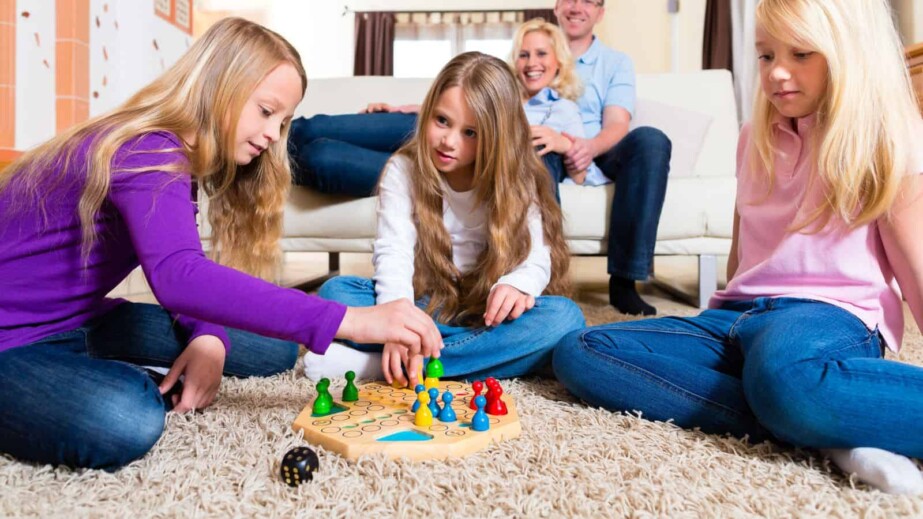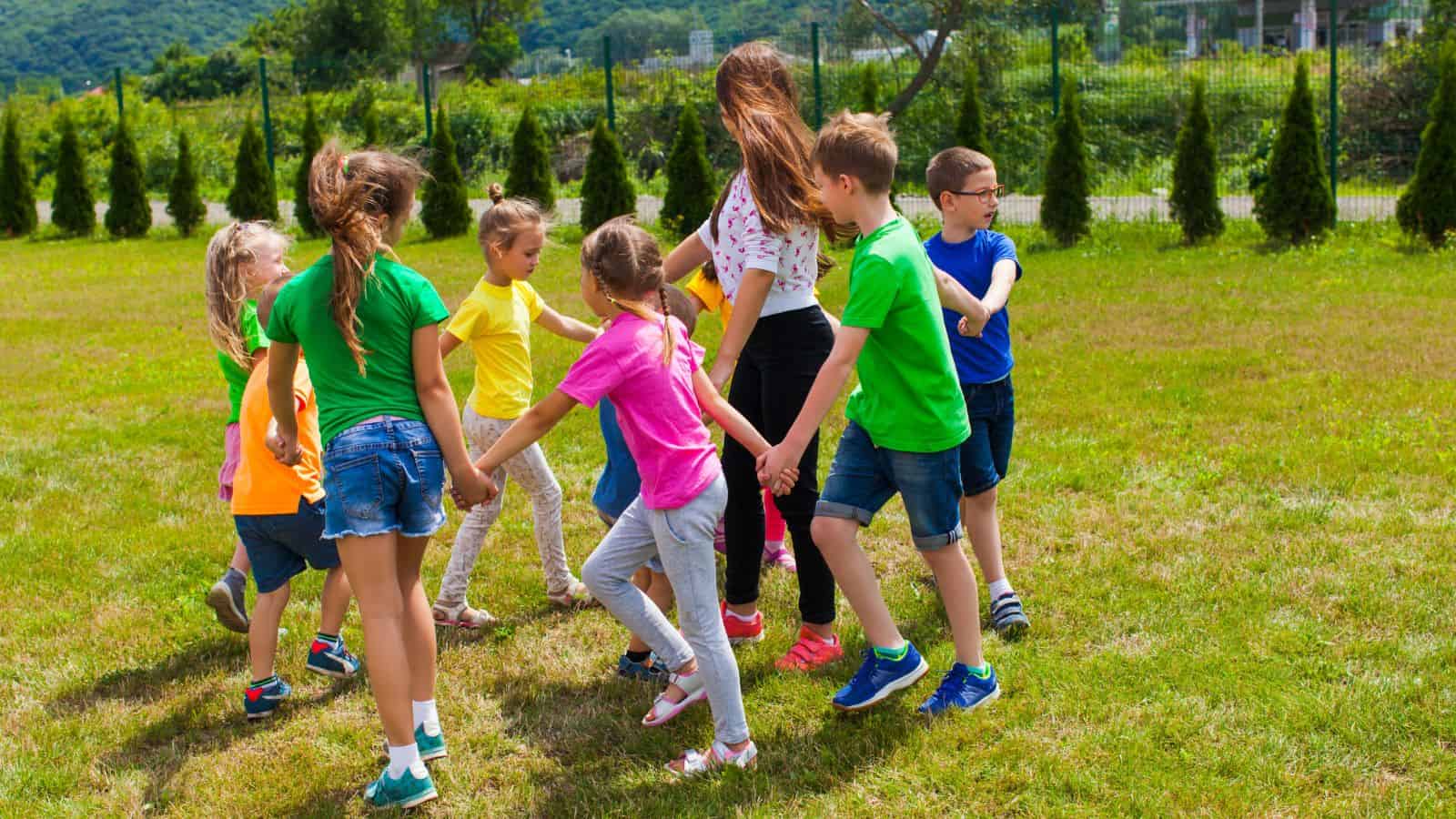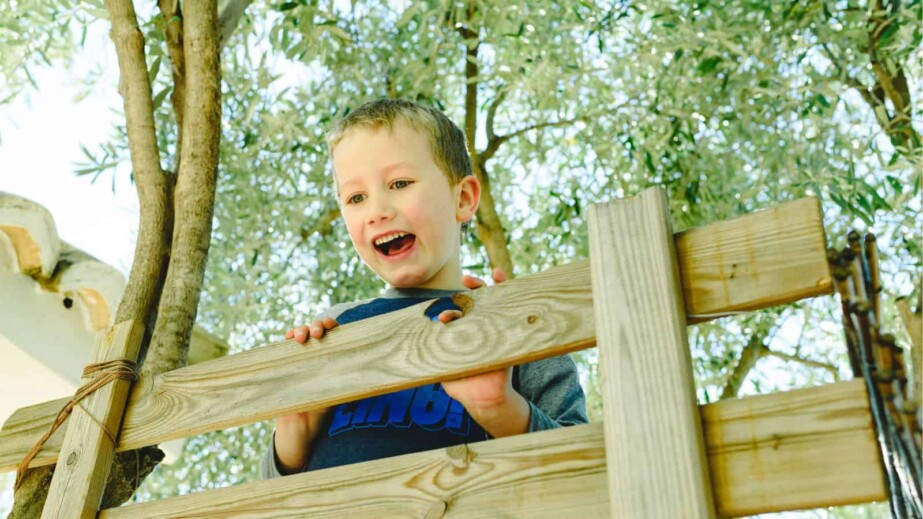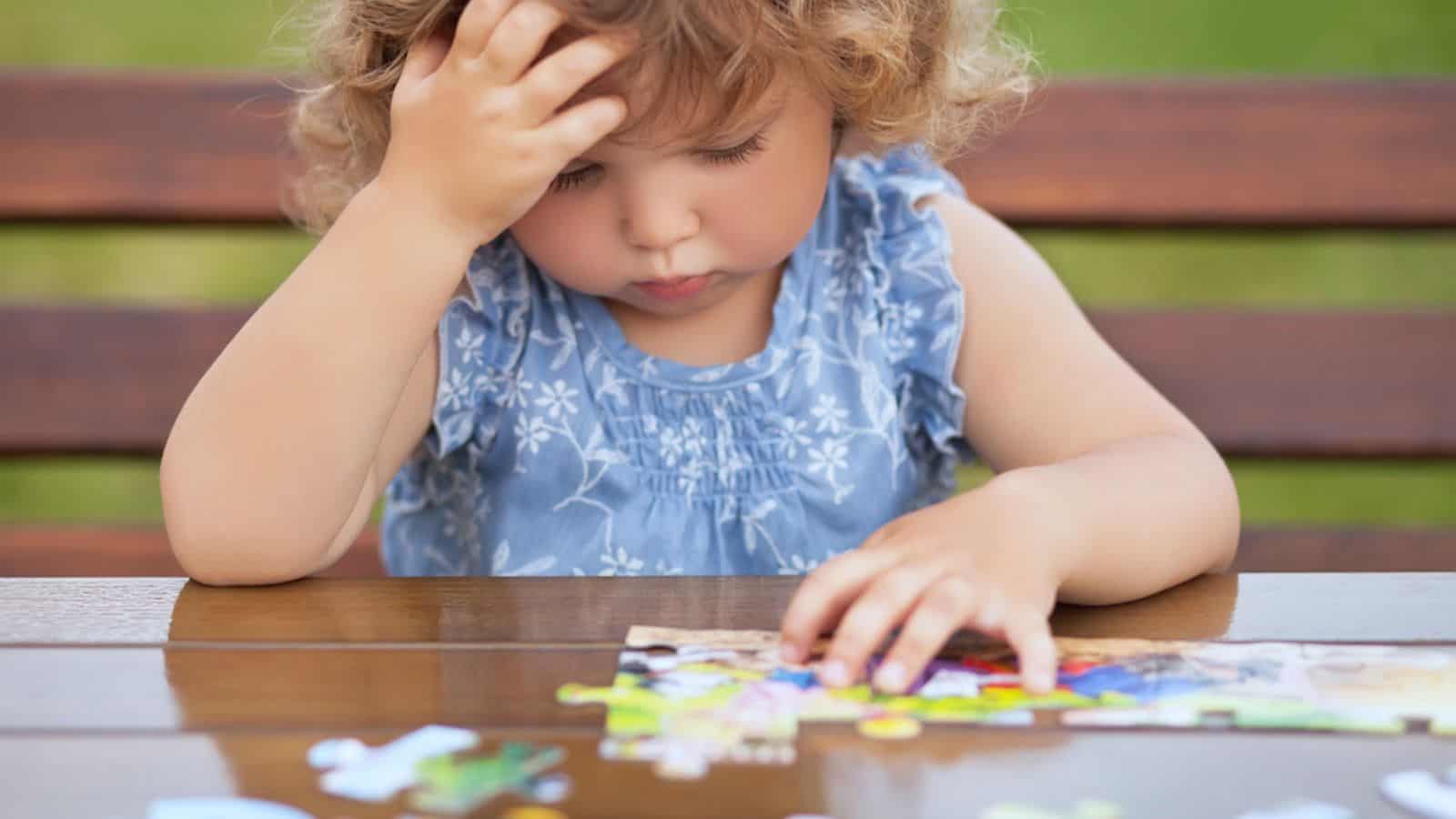Role Play And Teach Them To Say No: Teach Your Child How To Avoid Peer Pressure Like A Pro Using These Tips

Peer pressure is a common experience that many children face, and it’s important to teach them how to resist negative influences and make positive decisions. By teaching children how to avoid peer pressure, you can help them develop confidence, resilience, and a strong sense of self. Here are some ways to teach children how to avoid peer pressure:
Teach Them About Peer Pressure

The first step in teaching children how to avoid peer pressure is to help them understand what it is. Talk to your child about the different types of peer pressure, such as direct and indirect, and how it can affect their decisions and behavior.
Encourage Positive Friendships

Encouraging positive friendships can help children resist negative peer pressure. Teach your child how to choose friends who share their values and goals, and who support them in making positive decisions. Positive friendships can help children feel confident and resilient in the face of negative influences.
Role-Play Different Scenarios

Role-playing different scenarios can help children practice resisting negative peer pressure. Choose different scenarios, such as saying no to drugs or alcohol, and have your child practice different responses. This can help them feel more prepared and confident in real-life situations.
Teach Assertiveness

Teaching your child how to be assertive can help them resist negative peer pressure. Teach your child how to express their thoughts and feelings in a clear and confident manner, and how to stand up for themselves in a respectful way. Assertiveness skills can help children make positive decisions and resist negative influences.
Encourage Open Communication

Encouraging open communication can help children feel comfortable talking to you about their experiences and concerns. Create a safe and supportive environment where your child feels comfortable sharing their thoughts and feelings. This can help you provide guidance and support as they navigate difficult situations.
Teach Them to Trust Their Instincts

Teaching children to trust their instincts can help them resist negative peer pressure. Encourage your child to listen to their inner voice and make decisions that feel right to them. Trusting their instincts can help children make positive decisions and avoid negative influences.
Model Positive Behavior

Modeling positive behavior can help children learn how to resist negative peer pressure. Show your child how to make positive decisions and resist negative influences by modeling positive behavior yourself. This can help them develop confidence and resilience in the face of negative influences.
Teach Them to Say No

Teaching children to say no is an important part of resisting negative peer pressure. Teach your child how to say no in a clear and confident manner, and how to set boundaries and make decisions that align with their values and goals.
Discuss the Consequences

Discussing the consequences of negative peer pressure can help children understand the potential risks and make positive decisions. Talk to your child about the potential consequences of engaging in negative behaviors, such as substance abuse or bullying, and how they could affect their health, relationships, and future goals.
Teach Decision-Making Skills

Teaching decision-making skills can help children make positive decisions and resist negative influences. Teach your child how to weigh the pros and cons of different options, and how to make decisions that align with their values and goals. Decision-making skills can help children feel more confident and empowered.
Practice Positive Self-Talk

Practicing positive self-talk can help children resist negative peer pressure. Encourage your child to use positive self-talk, such as reminding themselves of their values and goals, and encouraging themselves to make the right choice. Positive self-talk can help children stay focused and motivated.
Encourage Healthy Coping Strategies

Encouraging healthy coping strategies can help children resist negative peer pressure. Teach your child how to cope with stress and difficult emotions in healthy ways, such as talking to a friend, practicing mindfulness, or engaging in a creative activity. Healthy coping strategies can help children feel more resilient and less vulnerable to negative influences.
Foster a Sense of Independence

Fostering a sense of independence can help children resist negative peer pressure. Encourage your child to think for themselves and make their own decisions, even if they’re different from their peers. Fostering a sense of independence can help children feel more confident and less vulnerable to negative influences.
8 Ways To Teach Diversity To Your Children

In an increasingly diverse world, it’s more important than ever to teach our children about diversity and inclusion. By teaching children about different cultures, races, religions, and ways of life, we can help them develop empathy, understanding, and respect for others. Here are some ways to teach diversity to your children:
8 Ways To Teach Diversity To Your Children
8 Ways A Strong Family Unit Can Help In Your Child’s Development

As parents, we all want to provide the best possible environment for our children to grow and thrive. One of the most important factors in a child’s development is a strong family unit. A strong family unit can provide children with a sense of security, love, and support that can help them navigate the challenges of childhood and adolescence. Here are some ways a strong family unit can help in your child’s development:
8 Ways A Strong Family Unit Can Help In Your Child’s Development
15 Values You Need To Teach Your Young Child

As a parent, one of your most important roles is to teach your child values that will help them grow into kind, responsible, and compassionate adults. While there are many values that are important to teach, some are particularly crucial in the early years. Here are some values you need to teach your young child.
15 Values You Need To Teach Your Young Child
15 Reasons Why You Should Raise Your Child With Religion

These days, the cool thing to do is to forego religion and embrace atheism. But did you know there are many benefits to raising your child with religion?
15 Reasons Why You Should Raise Your Child With Religion
11 Things Our Moms Used to Say That We Hated, But Now We Get It

As children, we often found ourselves annoyed or frustrated with our moms’ advice and guidance. However, as we grow older, we begin to see the wisdom in their words. Here are 11 things our moms told us that annoyed us but now make sense as adults.
11 Things Our Moms Used to Say That We Hated, But Now We Get It





